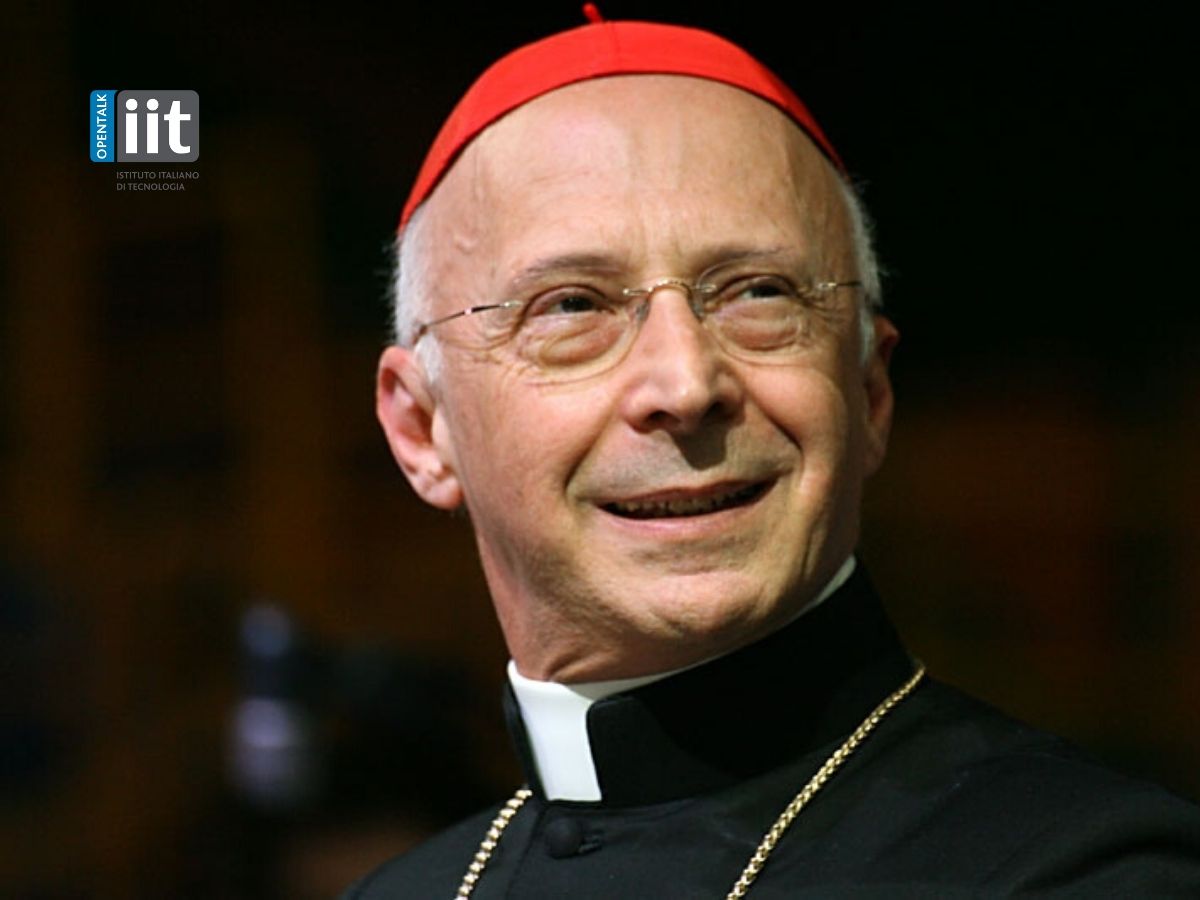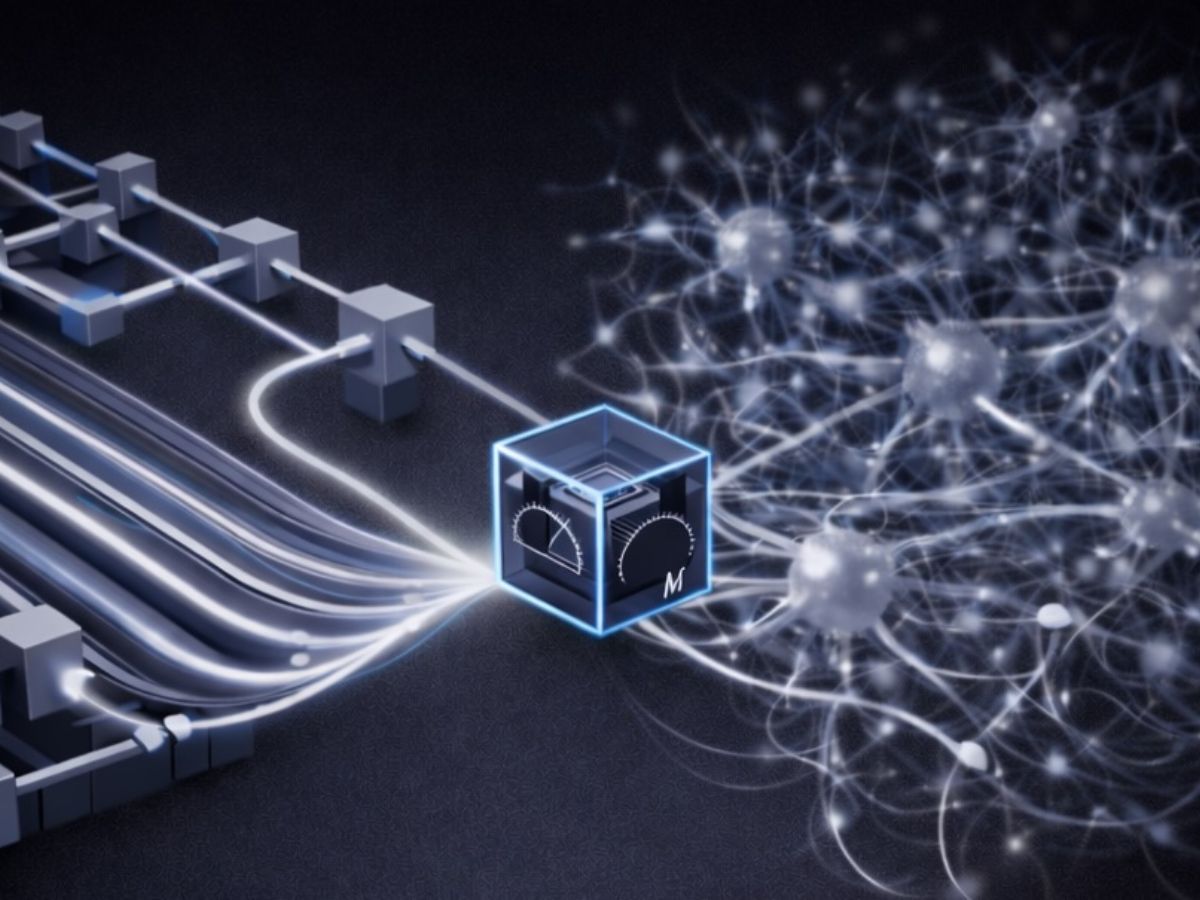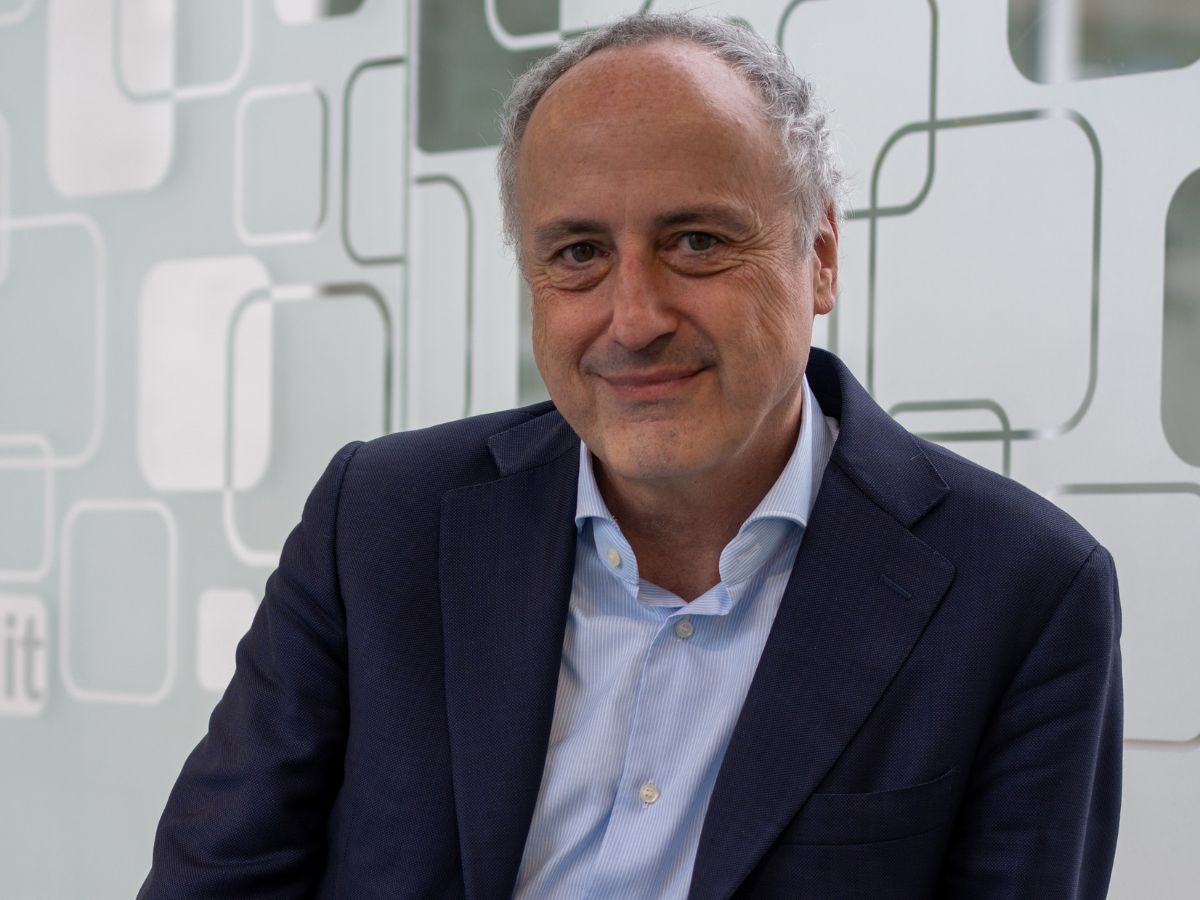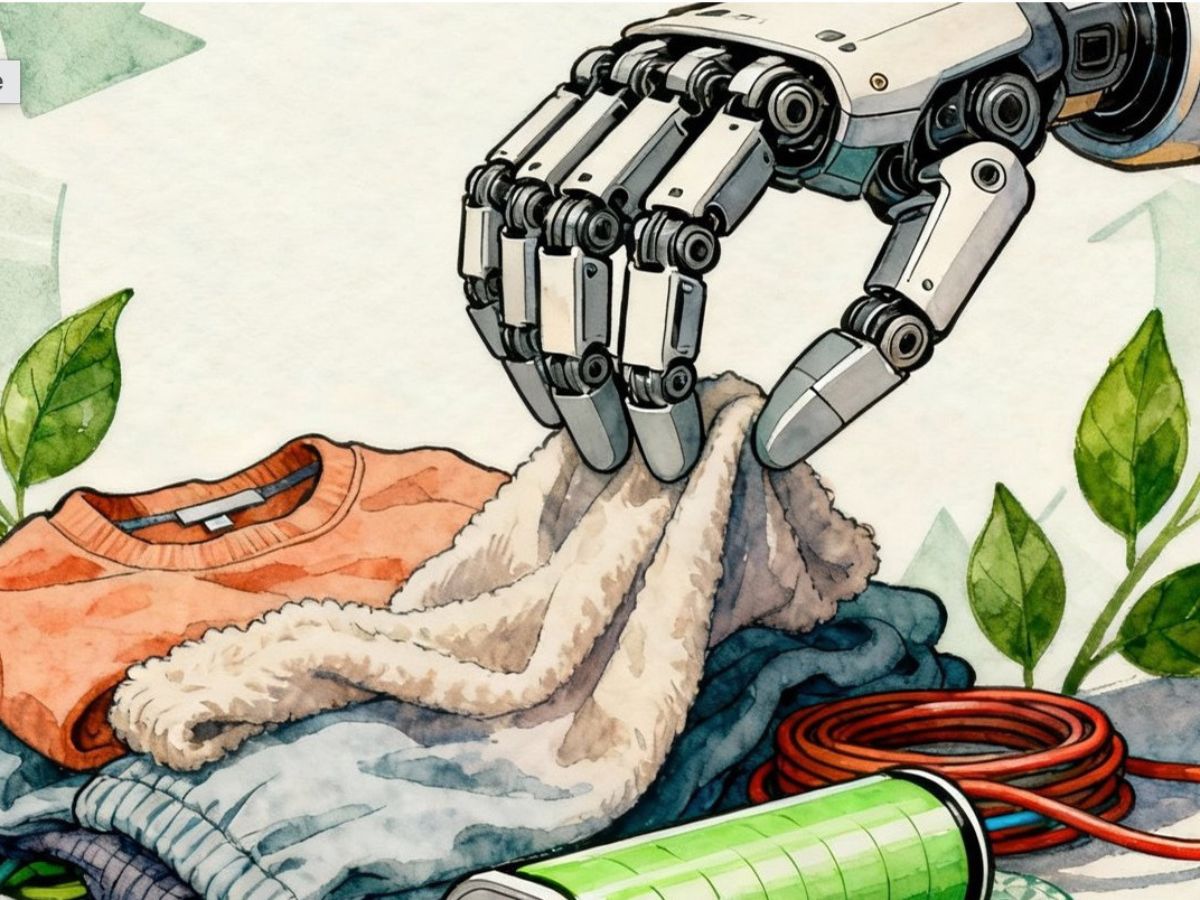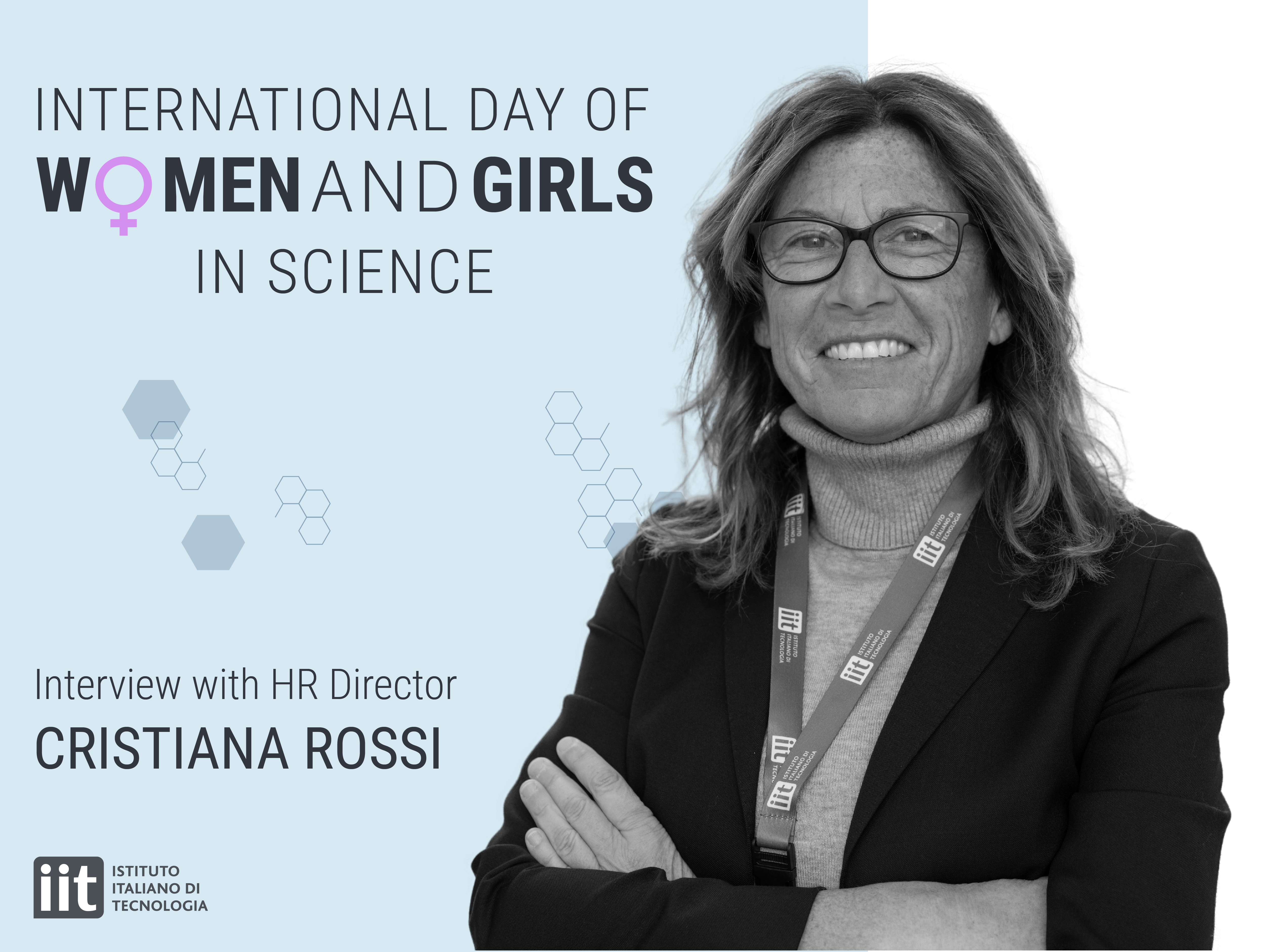Interview with His Eminence Cardinal Angelo Bagnasco, Archbishop of the Metropolitan City of Genoa and Chairman of the Council of Bishops’ Conferences of Europe
Voices from the City
At a time of great apprehension about our future, we are certain that, in the central decision-making centres, as well as at a local level, people are working to get us out of this hole the pandemic has left us in. We want to tell you, through the testimonies of our fellow citizens, how we are coping and how Genoa and all those who live and work there will win this battle.
Your Eminence, the ongoing health emergency has hit all of civil society hard in the heart. The most demanding challenge mainly concerns healthcare workers. But in everyday life we are all called to make an important contribution.
The world has found itself facing something that is bigger than itself and that is unfamiliar. It has been turned upside-down, and we have all been brutally reminded of our frailty. The myth of feeling invulnerable has been dispelled by something invisible which, according to some experts, seems capable of a sudden and treacherous adaptation. The power of reason has been put to the test; in the end it will win, but it must not forget. And it will be a sign of intelligence. As happens in disasters, the best of man emerges; energies are released that seemed dormant, but were ready to burst forth any minute. This is the case even today: we notice around all those who take care of the sick with competence and with an extra something that proves to be the most necessary and desired drug: the heart, the closeness, the attention, the gesture and the word, the gaze and the silent prayer beside those who are suffering. They battle with the sick, fighting against a shadow that seems elusive and mocking. They, like many of the forces for good, those who ensure good is done, the volunteers, do their duty; but there are ways of doing it. Herein lies the difference between work as a mission and work as a self-affirmation, or a simple means of subsistence. Next to them, we must all be there, because either we suffer together or nobody will be saved. It is not just a matter of surviving, it is a question of proving what one is, one’s own humanity, one’s seriousness and responsibility for one another. Following all the measures reveals this.
In particular, families are involved in dealing with this emergency situation on the front line. From the management of everyday life to the commitment, together with the teaching staff, to carry out school programmes through distance teaching. Does technology become an opportunity?
Once again the family reveals itself: the backbone of society, the cornerstone of coexistence, a rock for individuals and pillar of the community. Gritting our teeth, resisting within the necessary boundaries, forced renunciation of the normality of work, the impossibility of participating in the religious ceremonies, the inability to see familiar faces that are dear to us… find in the family household not only a meeting point, but also the restoring of morale, the strength of the spirit to not give up, and confidence to look to the future. I understand that this is not always the case and is not everywhere: everything must be conquered day by day in a contiguity of relationships that is new, but this is the natural face of the family. It is the staple in general bewilderment, in an hour where everyone is clambering even when it exhibits certainty of vision and determination of decisions. Even within the school, alternative modalities are emerging which were not unknown, but whose application was not widespread, at least in our country. At this juncture, technology manifests its precious face. It is necessary to know how to make the best of it.
The use of new technologies at this time is also giving a significant hand to company operations with what we call “agile working” or “smart working”. How do you think the world of work will change in light of this increase in the use of technology?
As I said, new technologies mark a step forward in the development of civilisation. Unfortunately, they are only used by only a small part of the world. It is up to the West to make sure that the spread of the use of new technologies is not only a benefit in itself, but that they also benefit people in difficulty in terms of food, healthcare and work. To answer your question, the world of work is changing, and the time of the pandemic has forced us to speed up the process. It could be said that this has forced them to be a benchmark for most people to measure themselves against. It seems to me that we have passed the test. This is clearly a good thing. It has also been a good opportunity for schools – at all levels. As in everything, we must be careful that the machine does not replace man unduly, that the enjoyment of direct personal relationships remains and grows. However, applications, especially in some fields, are becoming increasingly beneficial.
Even from the broadest social point of view, the use of online platforms and the dissemination of multimedia content are helping many people who live alone. Is the Church also using these means to maintain contact with the religious community?
The social repercussions of online and other platforms are increasingly evident. I return to the most disadvantaged countries: technology should not be limited to disseminating information, but promoting development and progress, overcoming hunger and disease, misery and ignorance, political totalitarianism and colonial dependencies. Even loneliness of many can be mitigated, without ever shirking duties or renouncing the joy of people being the primary form of company: megalopolises are populated with loneliness and abandonment. The Church has also resorted to these tools: the priests have put into practice the fantasy of the good to make themselves present in their communities with mass, small catecheses, rosaries, prayers. Both for adults and for children, teenagers and young people. People have greatly appreciated their efforts to make sure nobody felt abandoned, so that the bread of the soul could be preserved. Even recent history testifies that entire peoples resisted and fought for their dignity while lacking everything, but they had strength of spirit. However, there is no doubt that we all desire to be able to go out and meet up as we always have. I am sure that this time of suffering and necessary distance will bring about a new awareness of meeting up and of others, of the home and the street, of work and school.
Looking further, in your opinion, what are the teachings that we should take from this experience and also keep in mind in the future?
Coronavirus is a tragic earthquake. There is another challenge ahead of us, however, which is not going to take lives but will be decisive on an anthropological level. It will be the challenge of memory. History is made up of time and events, and is a teacher of life: humanity will have to show what it has learned from pain, fear, uncertainty, sacrifices. The school of the virus is brutal and the teachings are many: everyone must focus them in their conscience and write them on the pages of the soul. It was like waking up not from a bad dream, but from a world of dreams; an awakening to reality. The disease that spreads, almost a sinister and mocking voice, bends the presumption, leads back to universal transience and meaning. The illusion of being invincible is shattered, and the happy sense of proportion and limit returns, the awareness that we are mortal. Closed in our homes, we have the opportunity to rediscover the family with its dynamics, without running away; we have understood that love is sacrifice, it harbours joy. Even human reason, a gift from God, perhaps finds itself. Its task is to study and discover things, their laws, to serve man, but he must do it without falling in love with himself, to the point of arrogance. The investigation is open, but must measure itself against ethics, which evaluates results, methods and purposes. I think reason is rediscovering its purpose: not only to discover the “how” of things, but also the “why” of everything. Instrumental reason and reflective reason are not two separate realities, but the only intelligence that acts on a twofold register. Silencing one means crippling the other. Finally, many pray, with family or alone. When man touches his vulnerability, he more easily looks up to the Lord. It is not a magical refuge or a gesture of religious opportunism riding on the wave of fear. It is simply following the wave of the heart; small, yes, but made for infinity. For God. This too must be remembered.

